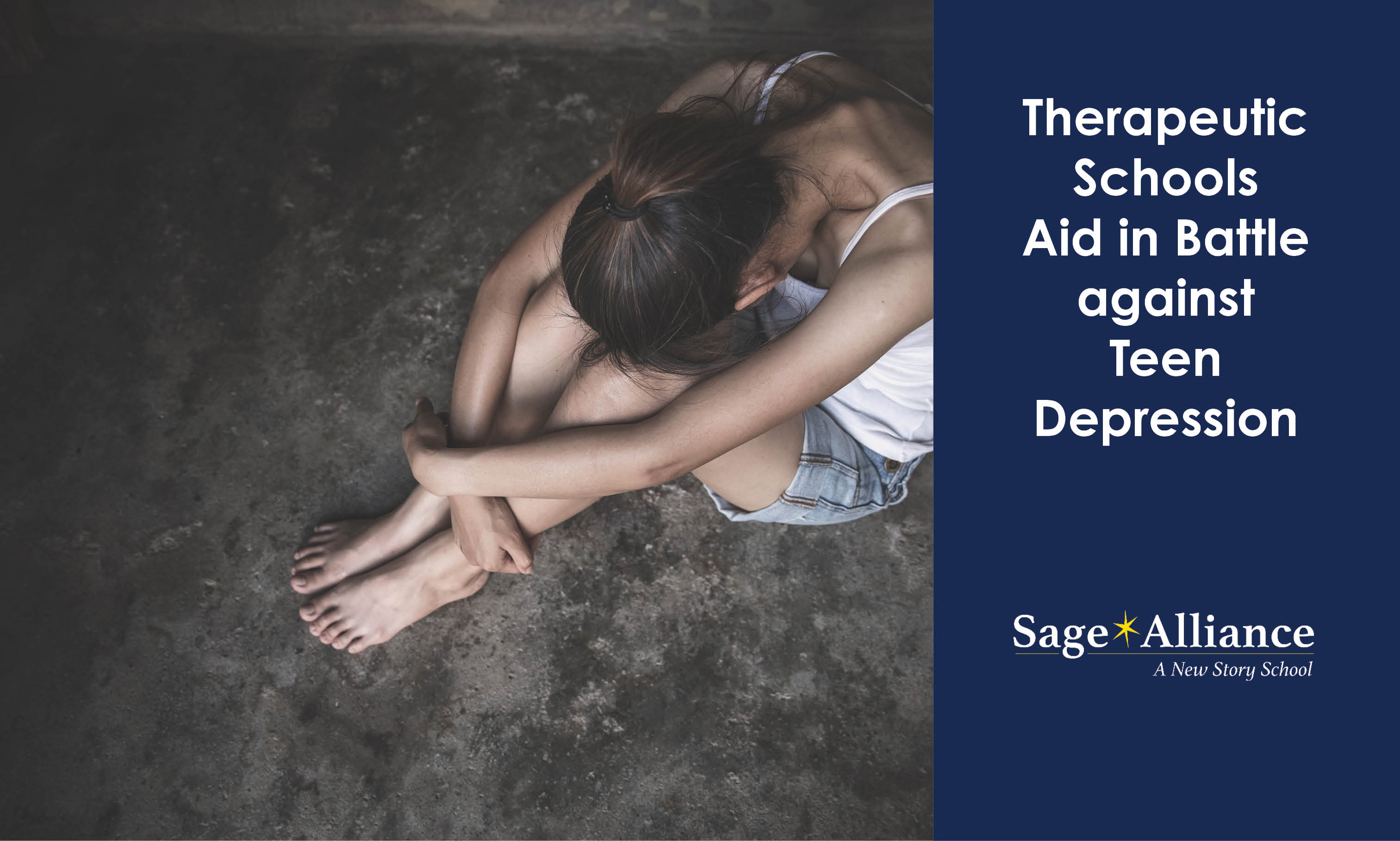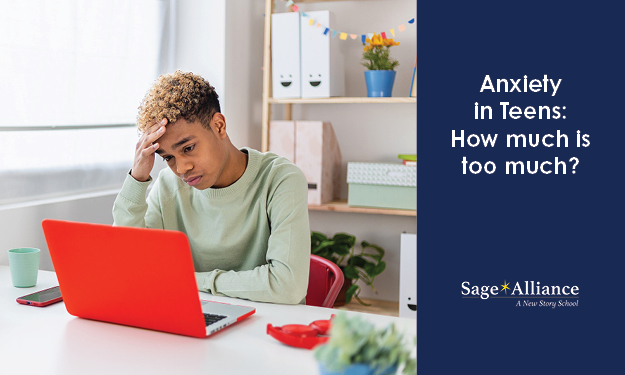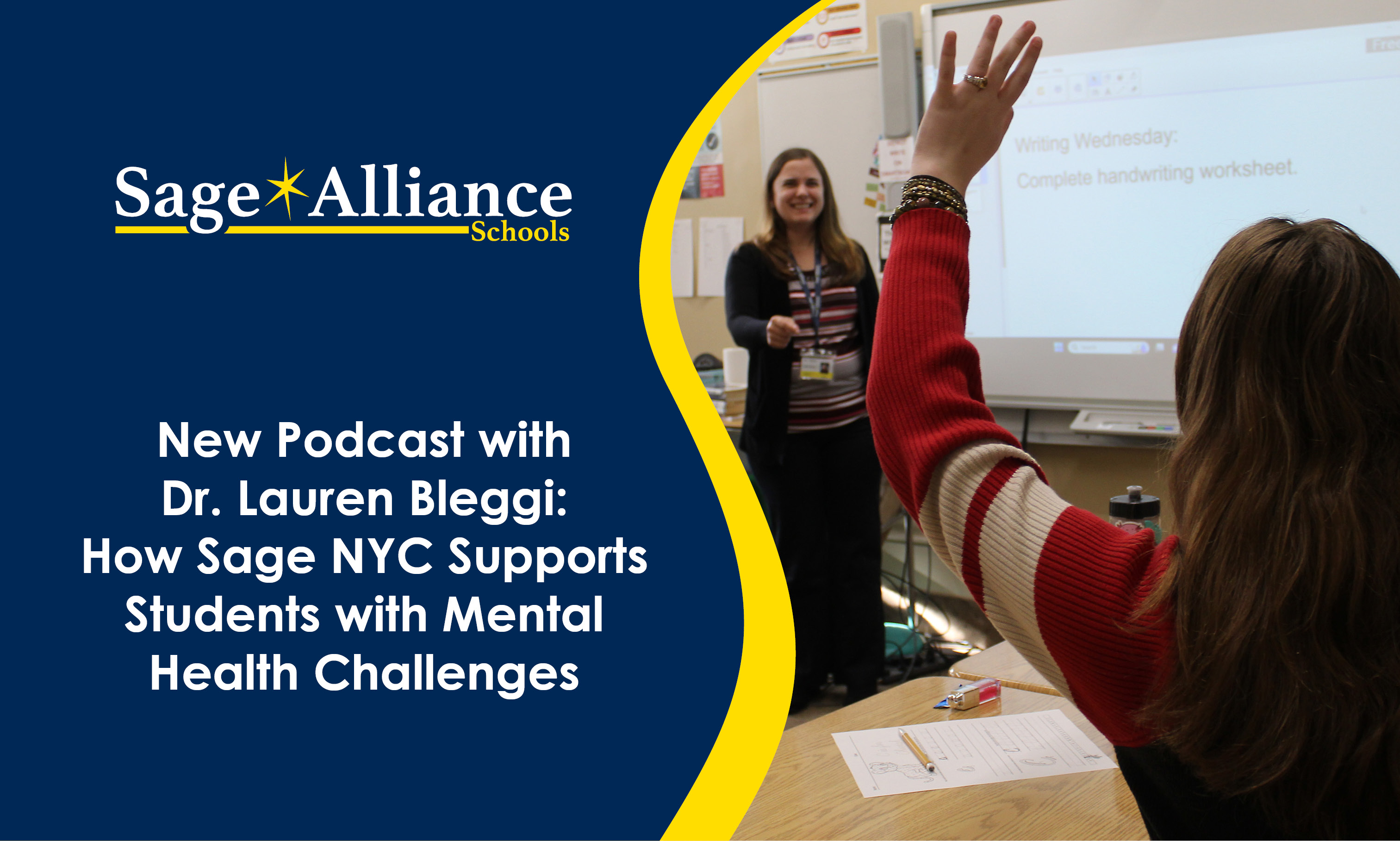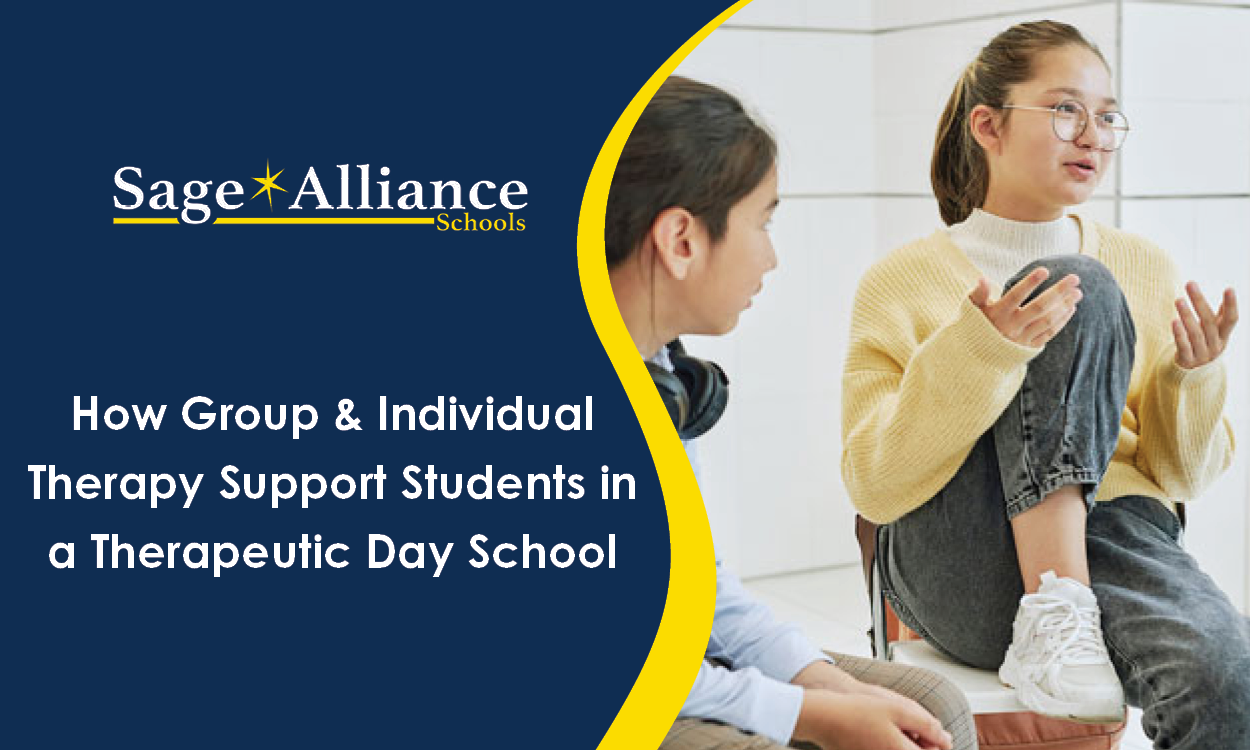Therapeutic Schools Aid in Battle against Teen Depression
Posted: June 04, 2015 | Written By: Holly Ference | Category: Therapeutic Education

Depression and other mental health issues among teens are serious problems that can have dire consequences for young men and women struggling through a vital period of growth and development. Teens battling depression are at greater risk of suicide, drug use, and problems with the law. They are also likely to perform poorly in school and miss critical early opportunities in life..
Finding effective treatment programs can help ease the suffering of teens struggling from depression and foster a stronger, more connected family. Therapy and medication work well for many teens, but others require a more intensive intervention, such as attending therapeutic schools designed to provide challenging academic growth as well as the emotional support and counseling they need.
Depression Affects Millions of Teens
According to the National Institute of Mental Health, as children get older, their risk of suffering from depression increases. Females are more likely than males to experience depression. About 11 percent of adolescents – nearly 2 million teens – experience a depressive disorder by the time they reach adulthood. Major depressive disorder is the number one cause of disability among U.S. residents between the ages of 15 and 44.
Depressed teens are at an elevated risk of taking their own lives. NIMH statistics say that suicide remains the third leading cause of death for teenagers. Teens who are depressed are also much more likely to develop addiction problems by self-medicating with drugs or alcohol. These activities may actually worsen the depression and cause permanent damage to their still-developing minds.
Although teen depression is a huge problem, only about a fifth of all teens suffering from depression are receiving treatment. Better diagnosis techniques and more accessible treatment can be critical to helping struggling teens overcome depression.
Causes of Teen Depression
There are a variety of factors that can cause teens to become depressed. The normal process of maturation can be difficult for some, and hormonal and chemical changes can also trigger problems with depression. As teens move toward independence and autonomy, conflict with parents may also lead to depression. Traumatic events such as parental divorce or the death of a loved one can cause teen depression, as can bullying at school or other social issues. Genetic factors may also result in teens developing problems with depression, as this mental health issue often runs in families.
How to Know If Your Teen Is Depressed
Parents are all too often oblivious to the struggles their teens face, particularly with regard to mental health. Children often keep their parents at arm’s length in their teen years, creating a mask of normal behavior to hide various issues. Parents also may fail to notice warning signs, desiring to think the best of their children and assuming that any issues that they have are “just a phase.”
Some warning signs that your child may suffer from depression:
-
Changes in appetite, particularly a loss of appetite
-
Problems concentrating or making decisions
-
Frequent fatigue
-
Problems with memory loss
-
Loss of interest or pleasure in activities the teen once enjoyed
-
Feelings of sadness or worthlessness
-
Sleep problems
-
Irritability and restlessness
-
Drug or alcohol abuse
-
Decreased academic performance
-
Criminal behavior or irresponsible behavior
If your teen displays several of these behaviors over an extended period, it is important to take them to see a mental health professional. Teens may be more comfortable talking with an outside party rather than their parents. Mental health professionals can suggest several strategies for dealing with any issues the teen or family may be experiencing.
Why Therapeutic Schools?
Traditional therapy methods may work well for many teens battling with depression, but for some, a more intensive regimen of therapy and support is needed. Therapeutic schools provide teens with a normal school environment augmented with therapeutic programs to address their mental health needs. These schools can help students struggling with depression, as well as other issues such as ADHD, learning disabilities, oppositional defiance disorder, ADD, mood disorders, and more.
Educators at the best therapeutic schools have a firm background in psychology, counseling and or social work, and programs offered by the schools are overseen by psychologists and other mental health professionals. At a therapeutic school, student will attend therapy sessions at the school or in an outdoor setting.
In a therapeutic education facility, the primary goal is to help students become psychologically healthy. Programs offered to help facilitate this process often include art, writing, or working with animals. These programs can help students learn to cope with depression and other psychological issues they may be facing. Some therapeutic schools also offer 12-step or similar problems to help students struggling with addiction issues.
Considering Sage Day
Sage Day is a therapeutic school with campuses in Mahwah, Boonton, and Rochelle Park, NJ. The school provides intensive therapy for students and a challenging, rigorous academic environment. At Sage Day, students in grades 4-12 will take the same classes that they would at any other quality educational facility, but they will also get the support and counseling they need to overcome emotional issues that are negatively impacting their lives.
Sage Day provides twice weekly group and individual therapy sessions to students and also weekly family therapy sessions. This environment will help students build the confidence and coping skills they need to enjoy a happy, successful life.
Sage Day has small class sizes (6:1 student-teacher ratio) that allow students to get the individual instruction they need to be successful. Sage Day follows New Jersey’s Core Curriculum Content Standards as well as the Common Core Standards in English, Language Arts and Mathematics and has an instructional program designed to prepare students for college entrance exams and college classes. About 80 percent of Sage Day graduates go on to attend college.
With the help of teachers and therapists available at Sage Day, students struggling with the host of psychological issues that a difficult adolescence can bring, will learn to overcome these challenges, embrace life, and get a better start on early adulthood. Sage Day staff are prepared to work with new families to assess whether the school’s programs can benefit them and their children.
Sources: https://www.nimh.nih.gov
Want to be notified of new articles and resources from Sage Alliance? Click here to submit your email and opt into our newsletter.









